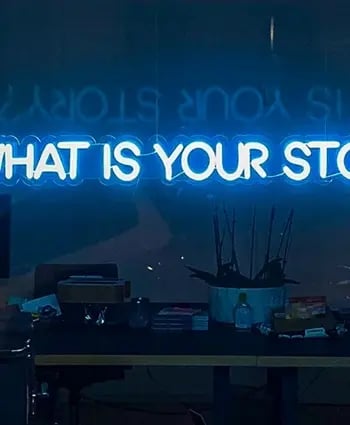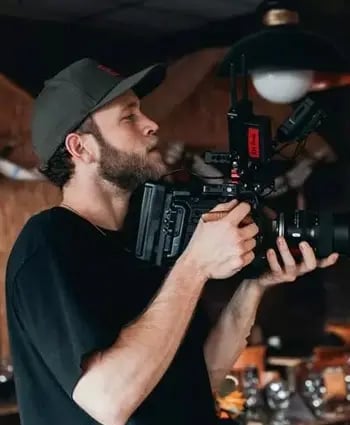Legal Considerations in Video Production
Navigate legal intricacies confidently with this comprehensive guide for smooth video projects.
Video production isn’t just about creativity and storytelling. It's also about ensuring you've ticked all the legal boxes, ensuring your production runs without a hitch.
In the filmmaking realm, overlooking legal aspects can be both costly and reputation-damaging. Let's break down the vital legal considerations every video producer should be aware of.
1. Location Permits
Whether you're shooting in a bustling city centre or a serene park, most public places require permits for commercial video production.
-
Council Permissions: Local councils usually have a film office or a department that handles film permits. Always reach out to them first.
-
Private Properties: If you're shooting on someone's property, always obtain written permission. An informal nod won’t cut it.
2. Talent Releases
When featuring actors, interviewees, or even bystanders in your video, having them sign a release form protects you from potential lawsuits.
-
Actors: Professional actors are familiar with release forms. Still, it's your responsibility to ensure they sign one before shooting begins.
-
Public Spaces: If you’re capturing candid shots or interviews in public spaces, carry a stack of release forms. You never know when you'll need someone's consent on paper.
For more insights, see this article on using release forms.
3. Music & Intellectual Property
Using a catchy tune or referencing other works can elevate your content. However, it's a legal minefield if not navigated correctly.
-
Royalty-Free Music: Platforms like Audiojungle offer tracks you can purchase and use without recurring fees.
-
Licensed Music: If you’re after a well-known track, you'll need to negotiate rights and possibly pay a hefty sum.
-
Fair Use: This is a grey area. Just because you're critiquing or referencing doesn't mean you're safe. Always consult with a legal expert when treading in 'fair use' waters.
4. Copyright Claims
Your original content is your intellectual property. However, this doesn’t make it immune to copyright claims, especially on platforms like YouTube.
-
Disputing Claims: Understand the platform's dispute process. On YouTube, for instance, there's a structured way to contest copyright claims.
-
Watermarking: Consider watermarking previews or drafts of your video to deter unauthorized use.
5. Contracts with Crew & Suppliers
Every agreement, whether with your film crew, equipment suppliers, or post-production team, should be in writing.
-
Clear Terms: Clearly define deliverables, deadlines, compensation, and any other crucial terms.
-
Termination Clauses: Always include a clause on how either party can terminate the contract and the implications of doing so.
6. Insurance
Accidents happen. Equipment gets damaged. Having the right insurance can be a lifesaver.
-
Public Liability: This covers any damages or injuries to the public caused during your shoot.
-
Equipment Insurance: This covers damages or loss of your filming gear.
-
Professional Indemnity: This covers you against claims for professional negligence or misinformation.
Filming with Legal Confidence
Legal considerations in video production aren't mere formalities; they're essential components ensuring the smooth flow of your project. By paying as much attention to the legal details as the creative ones, you ensure that the only stories you tell are the ones captured by your camera, not the tales of unforeseen legal tussles. Navigate with caution, always stay informed, and produce content with confidence and peace of mind.
Written by James Bryant Video strategist and co-founder for Venture Videos — a full-service video production agency that specialises in producing creative videos & campaigns that get real results.




